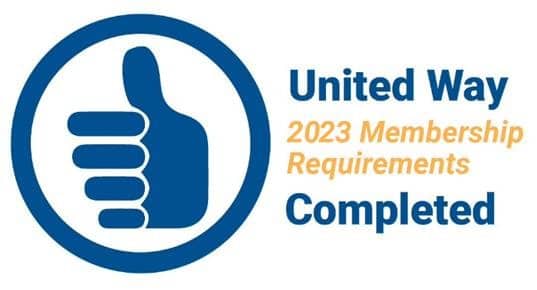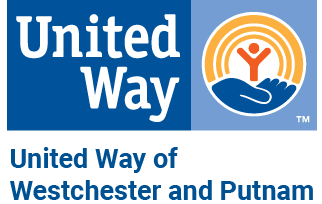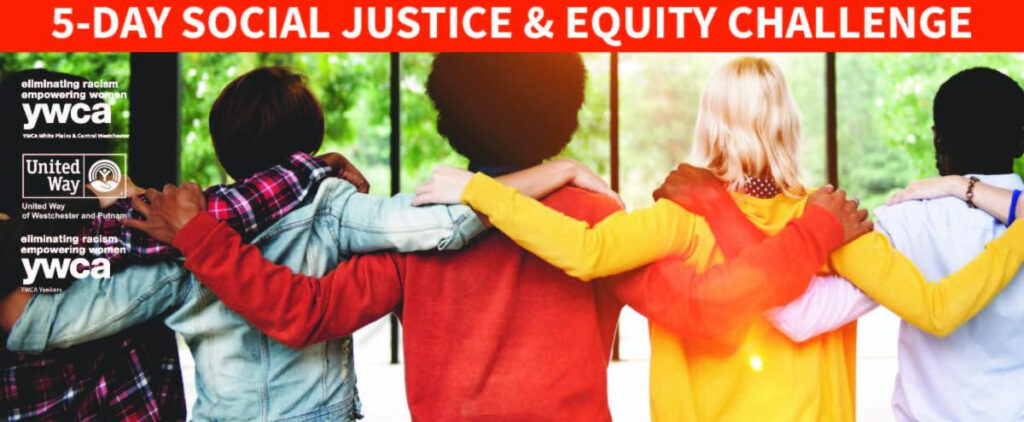
Day 2 Celebrating Black History and Culture

Juneteenth provides an opportunity to reflect on the rich history and culture of the Black community as well as the contributions that Black Americans have made to various fields.
In the arts, literature, and music, Black Americans have produced some of the most influential and iconic works in American history. From the poetry of Langston Hughes to the novels of Toni Morrison, from the music of Louis Armstrong to the hip-hop of Kendrick Lamar, Black artists have consistently pushed the boundaries of creativity and expression.
In sports, Black athletes have shattered records and overcome discrimination to become some of the most celebrated and beloved figures in history. From the trailblazing achievements of Jackie Robinson to the dominance of Serena Williams, Black athletes have inspired generations of fans with their skill, determination, and grace.
In science and technology, Black innovators have made groundbreaking discoveries and advancements that have changed the world. From the pioneering work of George Washington Carver in agriculture to the groundbreaking research of Mae Jemison in space exploration, Black scientists and inventors have helped to shape the modern world.
And in the fight for civil rights, Black Americans have led the way in advocating for justice, equality, and freedom. From the courage of Rosa Parks in refusing to give up her seat on a bus to the visionary leadership of Martin Luther King Jr. in the struggle for racial equality, Black activists and leaders have been at the forefront of the fight for a more just and equitable society.
Juneteenth is a time to celebrate the rich history, culture, and achievements of Black Americans, and to uplift the voices, talents, and accomplishments of Black people in all fields. By recognizing and honoring the contributions of Black Americans, we can work toward a more inclusive and just society for all.
While it’s difficult to choose just one area to highlight, examining Black artists can provide a valuable lens for understanding the Black experience in our culture today. These works often offer unique perspectives on the challenges, triumphs, and complexities of Black life, and can shed light on issues such as racism, discrimination, and social inequality. By exploring the stories and experiences depicted in these works, viewers can gain a deeper understanding of the lived experiences of Black people in America and develop greater empathy and appreciation for the diversity of Black culture and identity. Additionally, supporting Black creators and their work can help to amplify Black voices and stories, and contribute to a more equitable and inclusive culture.
Today's Challenge
Read Poetry
- Between the World and Me – Richard Wright
- Harlem – Langston Hughes
- 1977: Poem for Ms. Fannie Lou Hamer – June Jordan
- Who Said it was Simple – Audre Lord
- The World Rising – Alice Walker
Listen to Music
- Lift Every Voice and Sing – James Weldon Johnson (lyrics) & J. Rosamond Johnson (music) performed by Melinda Doolittle
- A Change is Gonna Come – Sam Cooke
- Living for the City – Stevie Wonder
- Glory – Common and John Legend
- Freedom – Beyonce (featuring Kendrick Lamar)
Reflection Questions
How does the work by Black artists challenge or disrupt prevailing narratives about the Black experience in our culture today?
In what ways does the art by Black artists illuminate the historical and ongoing struggles faced by Black individuals and communities?
How does the work by Black artists convey the resilience, strength, and joy present in the Black experience, despite the adversity faced?
What role does the artwork by Black artists play in promoting dialogue, empathy, and understanding across racial and cultural divides?
Learn More
Here are some resources where you can learn more about Black creativity, culture, and art in America:
The National Museum of African American History and Culture – Located in Washington D.C., this museum is dedicated to telling the story of African American history and culture, including art, music, literature, and more.
The Studio Museum in Harlem – This museum is dedicated to promoting the work of artists of African descent, with a focus on contemporary art.
The Smithsonian American Art Museum – The museum’s collection includes works by many Black artists, including Jacob Lawrence, Romare Bearden, and Kara Walker.
The Schomburg Center for Research in Black Culture – Located in New York City, this research center is dedicated to the study and preservation of Black culture and history, including art.
These articles were curated by a local committee to be used as a list of resources pertinent to DEI topics. The 21-Day Racial Equity Challenge Committee would like to thank and give attribution to those who created the content above, which reflects their individual perspectives. We do not support nor endorse any advertisements associated with the above content.
The 5-Day Social Justice Journey is presented by
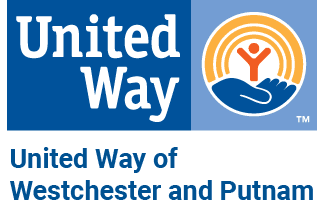
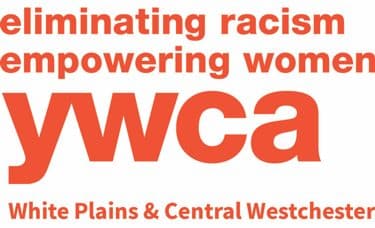
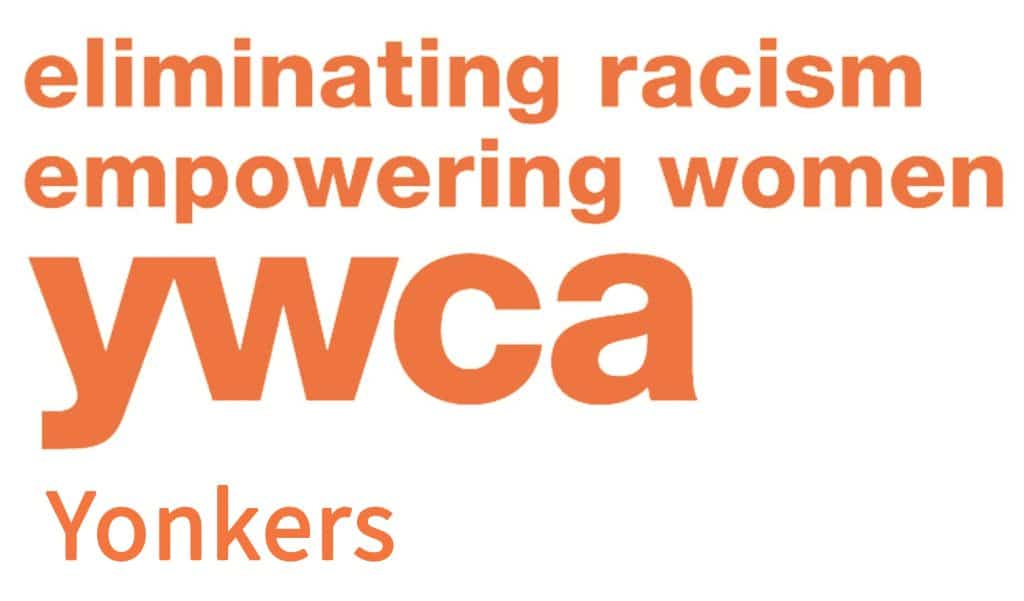
336 Central Park Avenue
White Plains, NY 10606
914.997.6700
Privacy Policy
Board Portal
Career Opportunities
